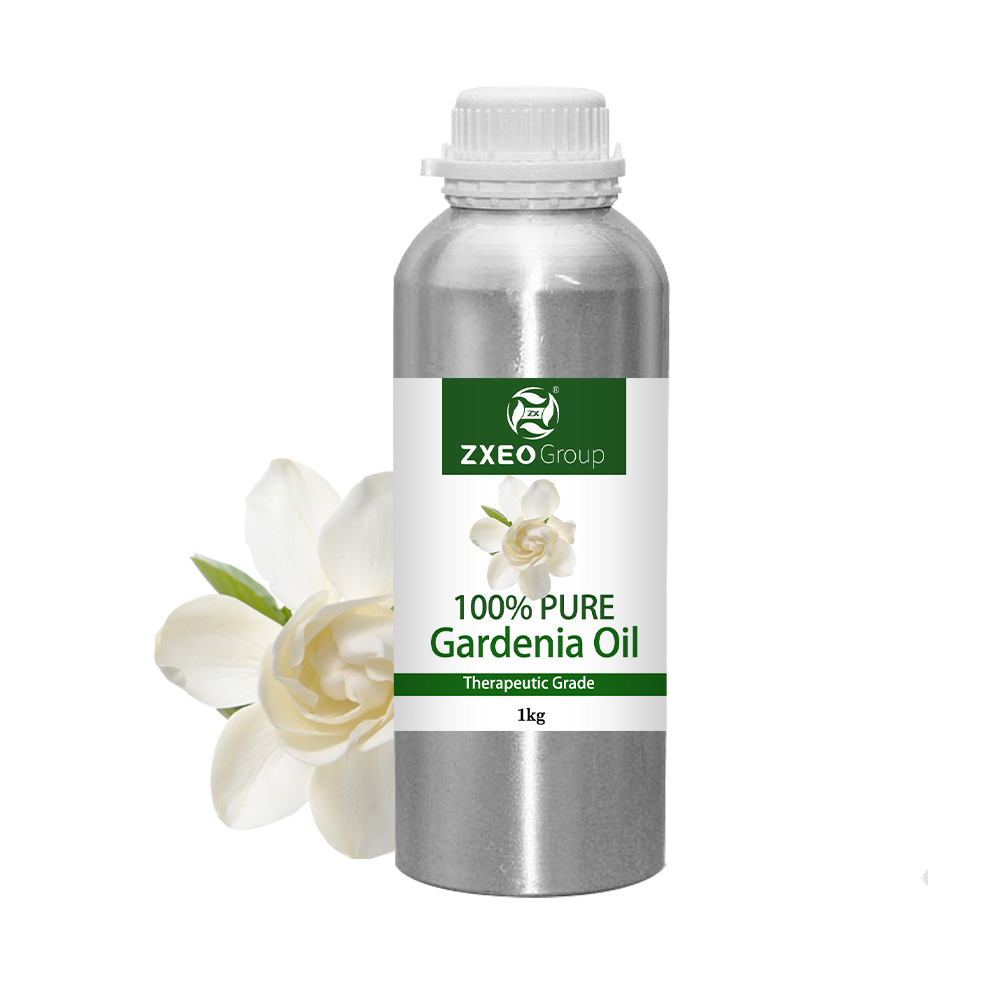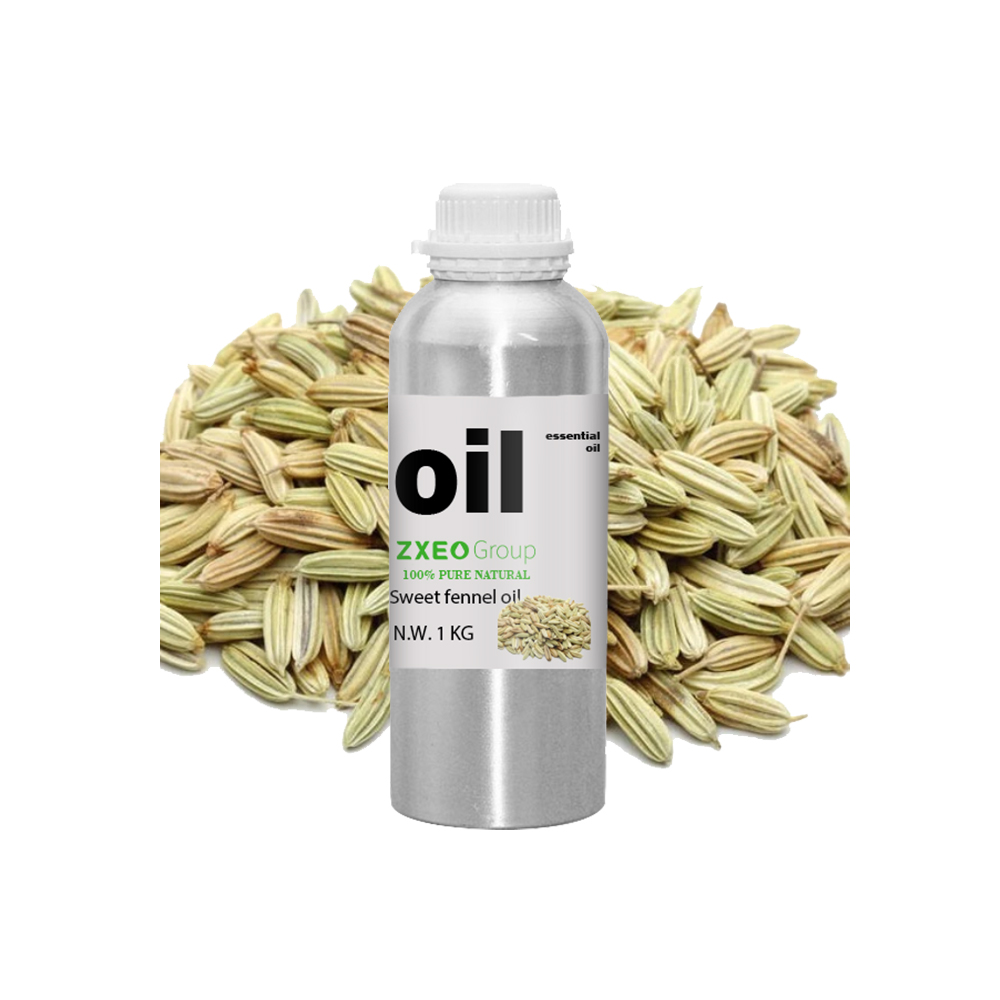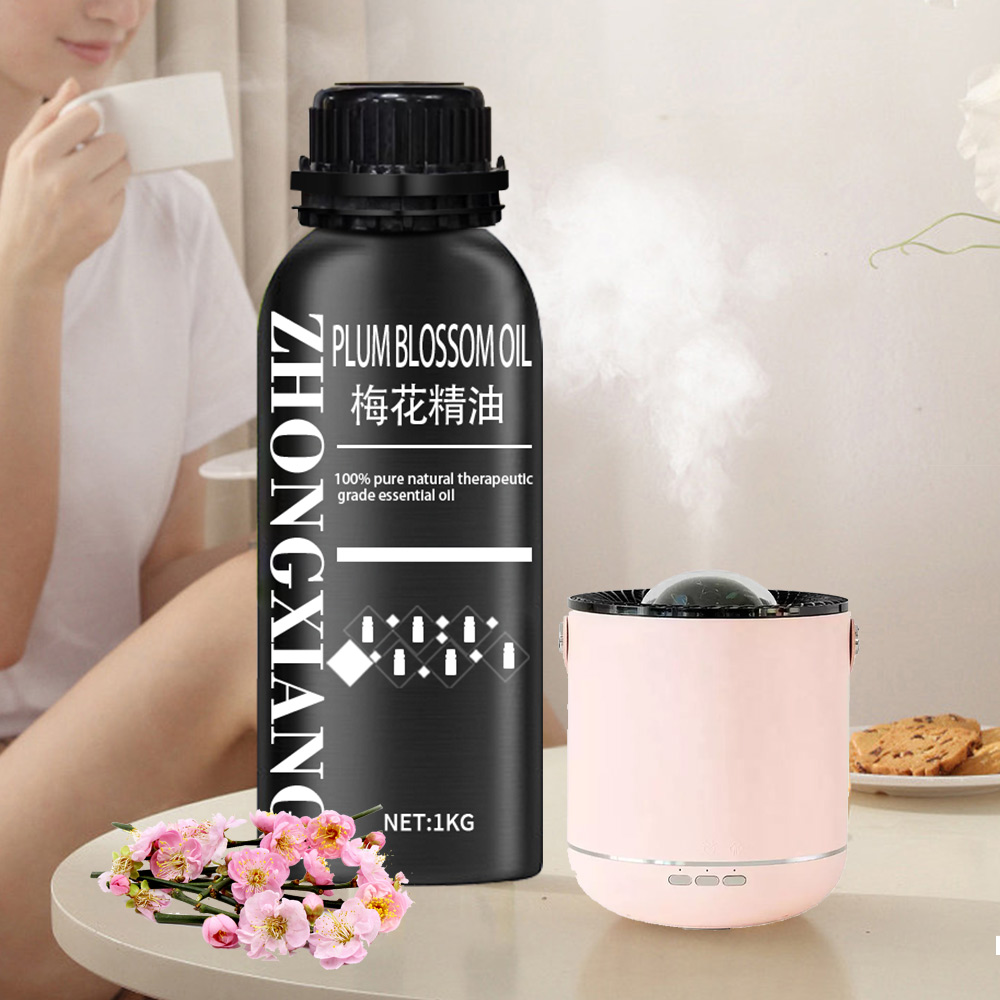Wholesale organic pure 100% natural gardenia essential oil for candles
Depending on the exact species that is used, the products go by many names, including Gardenia jasminoides, Cape Jasmine, Cape Jessamine, Danh Danh, Gardênia, Gardenia augusta, Gardenia florida and Gardenia radicans.
What types of gardenia flowers do people usually grow in their gardens? Examples of common garden varieties include August beauty, Aimee Yashikoa, Kleim’s Hardy, Radians and First love. (1)
The most widely available type of extract that is used for medicinal purposes is gardenia essential oil, which that has numerous uses like fighting infections and tumors. Due to its strong and “seductive” floral smell and ability to promote relaxation, it is also used to make lotions, perfumes, body wash and many other topical applications.
What does the word gardenias mean? It’s believed that historically white gardenia flowers symbolized purity, love, devotion, trust and refinement — which is why they are often still included in wedding bouquets and used as decorations on special occasions. (2) The generic name is said to have been named in honor of Alexander Garden (1730–1791), who was a botanist, zoologist and physician who lived in South Carolina and helped develop the classification of gardenia genus/species.


















